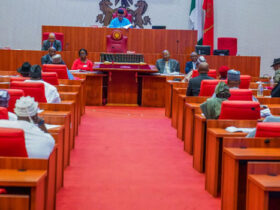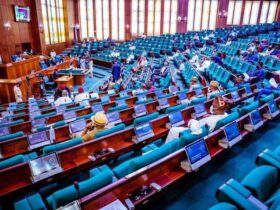Prof. Florence Obi, the Vice-Chancellor of the University of Calabar (UniCal), says Nigerian universities cannot be financially autonomous, so long as they are not allowed to receive tuition fees from students.
Obi said this on Thursday in Calabar when she spoke with journalists to mark her third year in office as the first female VC of the institution.
She said that the salaries of university workers were still being paid by the government, in addition to capital grants for development.
‘’This is in addition to support from Tertiary Education Trust Fund (TETFund) for facilities.
‘’If the students don’t pay tuition and the universities don’t get appropriate funding from government from where would the Internally Generated Revenue (IGR) come from.
“To survive, the universities resorted to charging students some service charges like examination, medical, ICT levies and it is these subheads students pay for that are cumulatively used to run the universities.
“We don’t get money to run the universities from government, what government gives is overhead and for a second generation university like UniCal, we get N12 million monthly, for 2023 we have only gotten it for seven months,’’ she said.
Obi added: “Even if we get it for 12 months which I doubt, that amount is only what we use to pay for energy bill to run the university.”
She said that there was no way universities would have been able to remit 40 per cent of their IGR to government because it was impossible.
‘’If students were charged N2,000 for identity cards and 40 per cent is given to government, the school can’t provide the cards.
‘’If that policy had sailed through, it would have been the end of public universities in Nigeria but we are happy that good counsel prevailed and President Bola Tinubu listened,’’ she said.
The VC however, added that universities in Nigeria still needed proper funding to run effectively.
The Federal Government had unveiled an autonomy policy for the universities where they were expected to remit 40 per cent of their IGR to government before it was eventually discarded.(NAN)











Leave a Reply